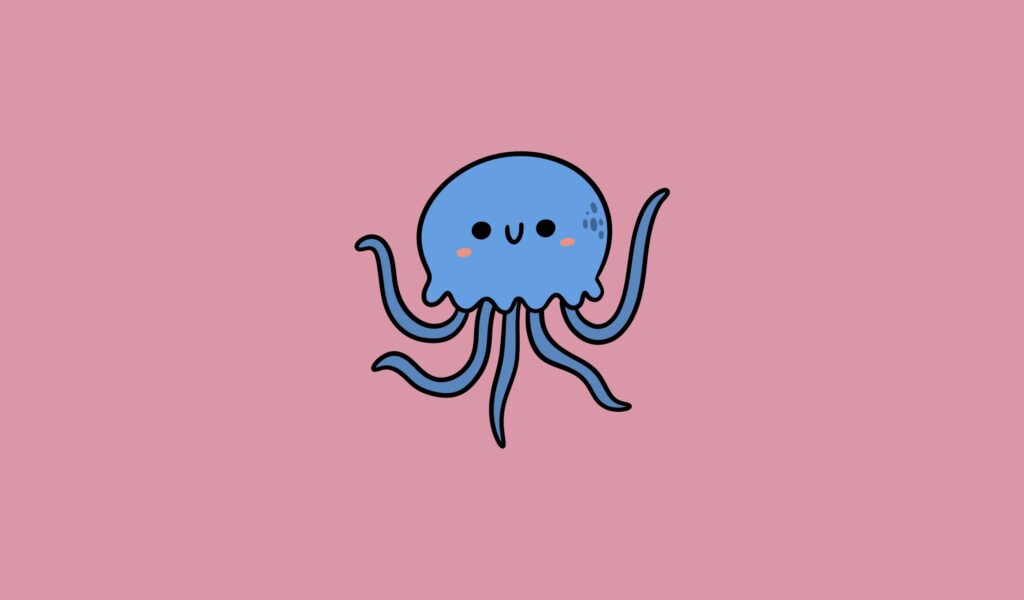Reflections on Codependency Part 2: My Part
For part two of my series on codependency, my intention is to spotlight my role within my codependent family system and consider how the church helped me when I was ready to change. I will primarily focus on my role in codependent relationships. Taking a firm stance in my recovery and pointing an accusatory finger at the codependents in my life is a dangerous position for me to take. It can foster grandiosity and inflate my ego. The only truth I can speak to is my experience as someone with a dual diagnosis and how, when I am unwell, I have triggered codependency in those around me. This article will feature five of my most frequently used tactics that set off codependent behavior in the people around me. In preparing for this piece, I have reflected on how codependent behavior, similar to the behaviors I list in this blog post, is quite common in churches. So, today, this post will seek to present a reason why people turn to church when burdened by codependency.
The Threat of Anger
Probably, my earliest dependent behaviors emerged long before my bipolar symptoms and chemical dependency. During my childhood, the threat of anger became a method of manipulation. My anger took various forms. Outward anger, with screaming, crying and yelling, often served as my approach to attain what I wanted. I found that sulking proved to be an efficient means of disrupting my family’s system. In hindsight, certain elements of these behaviors were imitations of dependent adults within my family.
Once I became an adult, I utilized anger as leverage. I distinctly remember, at the age of 18, not getting my way during a manic episode, so I screamed and ranted at my parents for the first time. This action truly surprised them and set a precedent for how disruptive my rage could be. Over the following 11 years, the possibility of such outbursts became a frequent strategy for achieving my goals or deflecting unwanted attention. When I was unwell and my family attempted to intervene, my anger would reach its peak volatility. In my late twenties it was common that I would throw a tantrum.
Entering recovery taught me to have a good look at myself and my behavior. It wasn’t until I began addressing my personal struggles with addiction and mental health that I recognized the recurring patterns of anger that had existed throughout my life. The individuals in my life—my parents, family, and friends—had anticipated that I would naturally mature and handle emotions such as anger in an adult manner. Living in the turmoil of untreated dual diagnosis made personal growth impossible. Beginning my recovery journey demanded significant effort to grow up and attain a higher level of emotional maturity. The responsibility for addressing my weaponization of anger rested squarely on my shoulders; it was my issue to resolve, not my family’s.
Triangulation
Triangulation was about controlling who in my family knew what and how others perceived other family members. If I couldn’t get what I wanted from one member of my family, I would find another person and slowly pit them against each other forming a triangle. At the peak of my dependency, I was simply creating triangles of chaos amongst family and friends to draw attention away from my dual diagnosis.
Every codependent in my life wanted me to get well. They witnessed my mental and physical health decline and tried to intervene. You might think that I would’ve also wanted to get well. Something about mental health condition and addiction bred a delusion in me that I was doing just fine. Steeped in denial, I would defend my sickness by finding a mutual enemy of my codependent to deflect my their energy towards. Think of it as relationship bait and switch.
My behavior was not the problem; it was your spouse that you divorced fifteen years ago, or your estranged son, or your father and how he raised you, or your girlfriend and her expectations. A triangle is hard to live in when someone like me was playing the role of the ringmaster of chaos.
When I got well, a few things had to happen for those triangles to dissolve. First, I had to admit that I had a problem. Second, I had to work on myself. Third, I had to mend the harm that I did by participating in triangulation. Finally, I had daily work to do to maintain my mental health.
Emotional Manipulation
When my life was in a full mental health free fall, I took advantage of the emotions of the people closest to me. I knew which buttons to push. I knew how to access people’s guilt. I knew how to convince others that I was the victim of their neglect, even if they had never neglected me. I took little responsibility for my own actions and the consequences that came along with them. If you had money or could get me out of a jam, I would be absolutely relentless in my numerous emotionally-based tactics to get my way.
I participated in gaslighting before I even knew what that was. Throughout my twenties, numerous people in my life were terrified of what might happen to me when I was unwell. Was I a harm to myself? Was I manic? Was I depressed? Was I taking my medication? Was I abusing my medication? Was I using and drinking again? When faced with any of those questions, I would make my loved ones question their sanity. Through intense deflection and denial I would argue the merits of my loved ones concerns. I would intentionally plant seeds of doubt in their minds, even though it required more effort to manipulate them. My family would walk away unsure why they even offered me help.
Entitlement
When I was in active addiction and purposely avoiding mental health treatment, my actions were incredibly self-centered. For some reason, I primarily sought what served me. This meant I was unreliable, not interested in taking care of myself, and incredibly demanding when I needed something.
Many members of my family saw that I was struggling and offered help. Unfortunately, when my self-serving desires became my sole focus, relationships simply didn’t matter. I was incredibly protective and defensive of the way I wanted to live my life. I built a rigid defense system. I wanted other people to follow my rules when dealing with me. When people wouldn’t bend to my will, then I would criticize them so harshly they often wouldn’t bother dealing with me.
The Disappearing Act
The most frightening action I took when I was unwell was actually a form of inaction. I would neglect my entire family by completely cutting off communication – complete radio silence. No phone calls, no text messages, no emails. My phone would even occasionally get disconnected. When my parents couldn’t get ahold of me, they would ask my brothers to contact me, and when they would fail, my brothers would ask my friends. With around twenty people trying to track me down, a ripple effect of panic would spread throughout my family and friends.
At the peak of my chaos, my family wouldn’t be certain if I was in the city, province, or country. I could have impulsively driven to the United States, or maybe I took a few gigs in the next province over. This led to my father making welfare checks. Twice in my life, the buzzer to my apartment rang, and my dad was out front. He took me out for breakfast and then reported back to my family and friends that I was alive.
* * * * *
All of the behaviors I listed today created unstable and chaotic relationships. These types of relationships were what I was most familiar with my entire life. I knew nothing else until I was 29. When I got sober and began treating my mental illness, I was immediately separated from all the people I was negatively affecting when I entered residential treatment. The first week I was in treatment I couldn’t even call my family. I had to take a careful and thorough look at myself before attempting to reestablish healthy relationships. It was my responsibility to change my behavior and avoid repeating my past habits and behaviors.
This is where the church came in. You see, I was a 29-year-old who had tantrums, believed I was eternally owed something, and was a master manipulator. When treatment, therapy, counseling, and support groups led me away from an unhealthy reliance on the codependents in my family, I needed another space to continue working on myself. A place I always felt comfortable, welcome, safe, and accepted was church. Church was a place I could go in early recovery when the guilt of my past manipulation weighed heavily on me. A community of believers was a place where I could go to reflect, renew, and reconcile my past.
Now, I am a faith leader. As a Pastor, I regularly work with families that are not unlike my own. I returned to the church when I needed a place to be unconditionally accepted as I worked on myself. I consistently see people entering the walls of the church with the same intention. Codependency is prevalent in church communities, but it simply isn’t talked about enough. A foundational tenet of Christianity is helping one another. Codependency can often resemble generosity, support, and unconditional love. This is why I believe codependency in the Christian context is challenging to address and overcome at times.
This leads me to part three of my series on codependency. Next article, I will explain how being a pastor, much like any helping profession, can present opportunities for me to engage in codependent behavior. Just because I am living well with bipolar disorder and in recovery doesn’t mean that I don’t sometimes exhibit behaviors similar to those of my parents, family, and friends when I was unwell. Make sure to read part three!
Thank you and Amen.

